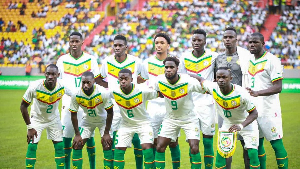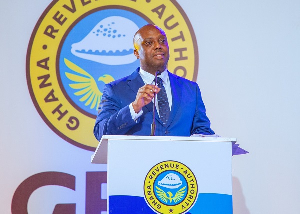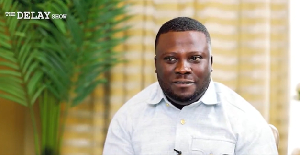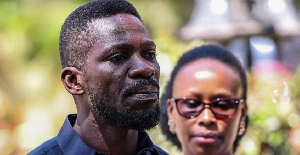The security situation in Niger has recently become a major subject of concern.
Among the country's security difficulties are a developing Islamist insurgency, banditry, sectarian bloodshed, and general lawlessness. While dealing with these issues is vital for Niger's security and stability, I do not believe that sending troops from the Economic Community of West African States (ECOWAS) is the right way.
ECOWAS' goal is to promote peace and security in West Africa, and the organization has already intervened in crises in Liberia, Sierra Leone, Mali, and Guinea-Bissau. The deployment of troops to Niger might be seen as part of ECOWAS's larger efforts to promote regional peace and security.
As a member of ECOWAS, Niger's security is tied to the security of the entire region. If Niger devolves into chaos or instability, it could hurt surrounding nations such as Burkina Faso, Mali, and Nigeria.
First off, sending troops to Niger runs the risk of exacerbating the issue and fueling further violence and instability. Foreign troops being sent in to interfere runs the risk of inciting armed groups and sparking retribution attacks. Extremists frequently target foreign military troops.
For instance, al-Qaeda in the Islamic Maghreb (AQIM) attacked a military installation called ECOWAS in northern Mali in 2016, resulting in the deaths of over 70 troops from Niger, Mali, and Burkina Faso. ECOWAS must move cautiously to avoid doing more harm than good.
Second, because ECOWAS has competing priorities and few resources, sending troops to Niger could take personnel and resources away from other vital peacekeeping and development programs in the area. The organization should concentrate on addressing the underlying causes of insecurity and instability in the region, such as poverty, issues with governance, and human rights violations.
Sending troops to Niger would hinder the organization's efforts to promote peace and development in other member states. The expense of sending troops to Niger would be high, and ECOWAS might not have the wherewithal to do so.
Last but not least, the situation in Niger is complex, and military involvement may not be the best course of action. The core reasons for the unrest in Niger might be more effectively addressed with a comprehensive plan that takes into account concerns with governance, poverty, corruption, etc.
To address these issues, diplomatic and humanitarian approaches may be more useful in resolving the war. These could involve engaging the separatist groups in conversation, offering financial assistance to those in need, and supporting initiatives that promote good governance and respect for human rights.
Sending ECOWAS military forces to Niger may not be the wisest course of action, even though the coup there may constitute a threat to the region. Our leaders are handling these issues as if their lives were on the line. When ECOWAS has large logs in their eye, they shouldn't be rushing to remove a speck from another person's eye.
The involvement of the military may lead to an increase in violence or a reallocation of resources away from more pressing needs. Instead, ECOWAS countries should cooperate to implement a steadfast political, economic, and humanitarian plan to address the underlying causes of the aforementioned coup. This method may be more effective in addressing the current situation.
Opinions of Tuesday, 3 October 2023
Columnist: Evans Mawunyo Tsikata















